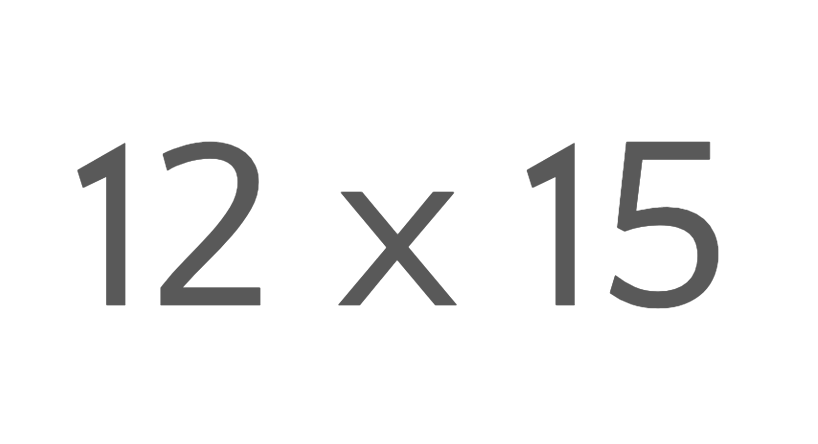This year my inquiry focus question is:
How can I develop the dialogic discourse ability of my children so they can freely engage in discussions about a text and what effect will this have on their vocabulary and comprehension?
Check out this post to see my in initial problem and wonderings.
From conversations with my students I learned that their hesitancy to participate in open discussions about text came down to this:
They're not used to it so therefore don't know how
What they are used to is talking to the teacher then waiting for the teachers response to validate what they said before moving on. I found this really fascinating. As teachers, we say we want a class that can have robust discussions about text yet, very early on, a child learns that they can only speak at the appropriate time, often needing to raise a hand first then being called upon by the teacher. I wonder if in an attempt to create an environment that is controlled and calm I have somehow stifled my students ability to speak freely and share their opinion?
Moreover, the children are more accustomed to speak mainly to answer the teacher's questions. They speak to have their response validated from the teacher. Therefore they speak to the teacher. The idea of speaking to a group of their peers, actively listening, asking questions of others is novel to them and therefore needs to be explicitly taught.
With this learning I set out to explicitly teach my children how to have robust discussions. Initially the discussion were minimal and awkward but having used the ground rules for talk (see image below) to focus and direct our discussion we have slowly improved and are now at the stage where the children are engaging more willingly and freely.
GamificationTo encourage the children in engage in discussion I turned our discussions into a game. Collectively the children were given 3 lives. If the conversation stalled for more than 10 seconds, and I had to intervene, they lost a life. This was a fun way to encourage the children to talk and it worked wonderfully. We are now at the stage where we no longer need the game although every now and then we still do it because the kids enjoy it.
Authentic conversation
One of the challenges, which is ongoing, is keeping the conversation authentic. While the children talk sometimes they aren't really listening to each other or asking questions of each other genuinely. Rather, they ask questions, invite others to speak, to put pressure on them or to be silly. To combat this we have ongoing conversations and reminders at the start of the discussions. As the children have got more used to discussions the silly questions are reducing but it's a work in progress.
Where are we at now
Discussion around text are now common place in my reading program and my kids are now used to it. They engage with the provocation and are speaking more willingly and freely. At the start of a session the children pick one of the rules to focus on and try to implement that. The hardest rule to initiate is 'asking others questions' but they are making progress. I often remind my children that this is a hard one to do and even a lot of adults are poor at this :).
After our discussion the children quickly reflect on how they did in their discussion and how well their group did. This does not take long but has been useful in helping children progress.
Where to next
My children's next steps involve having the discussion and reflecting independently. Currently I'm still overseeing the discussion and jumping in when needed however this is getting less and less and i'm confident the children will be doing this independently soon.
learning Focus












